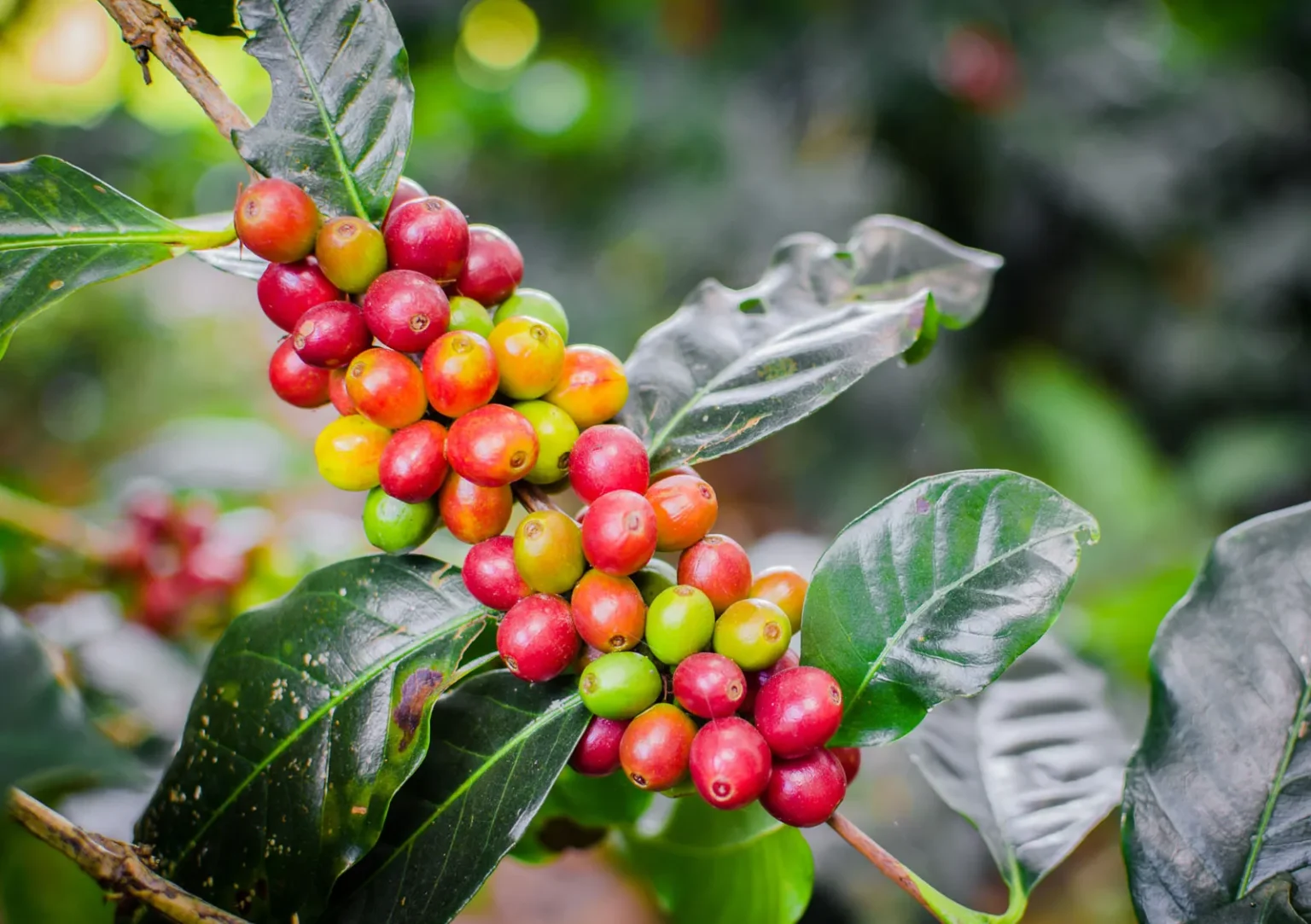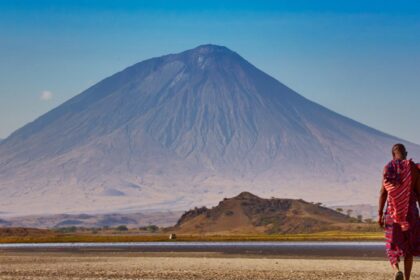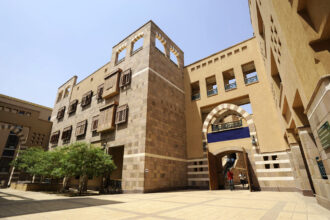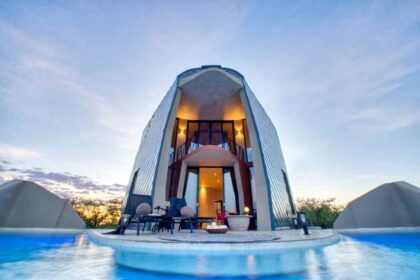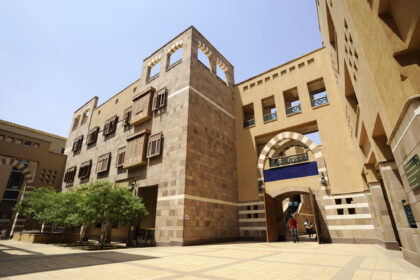At a Glance
- Bonga is considered the birthplace of Arabica coffee in Ethiopia.
- The town offers rich biodiversity, waterfalls, and authentic cultural traditions.
- Ethiopia is promoting Bonga as part of its “Land of Origins” tourism campaign.
Ethiopia is celebrated worldwide as the birthplace of Arabica coffee, but few know that its origins trace back to a quiet town tucked away in the lush highlands of the southwest.
Bonga, often overlooked by tourists and even coffee enthusiasts, is said to be where the world’s most popular bean was first discovered.
Despite fueling a multibillion-dollar global coffee industry, this historic town has remained largely untouched by modern tourism.
Far from the bustling streets of Addis Ababa or the crowded tourist circuits of northern Ethiopia, Bonga offers a rare glimpse into the country’s authentic cultural and natural heritage.
Surrounded by untouched subtropical cloud forests, the town thrives in harmony with wild coffee trees, traditional beekeeping practices, and vibrant local traditions that have been preserved for centuries.
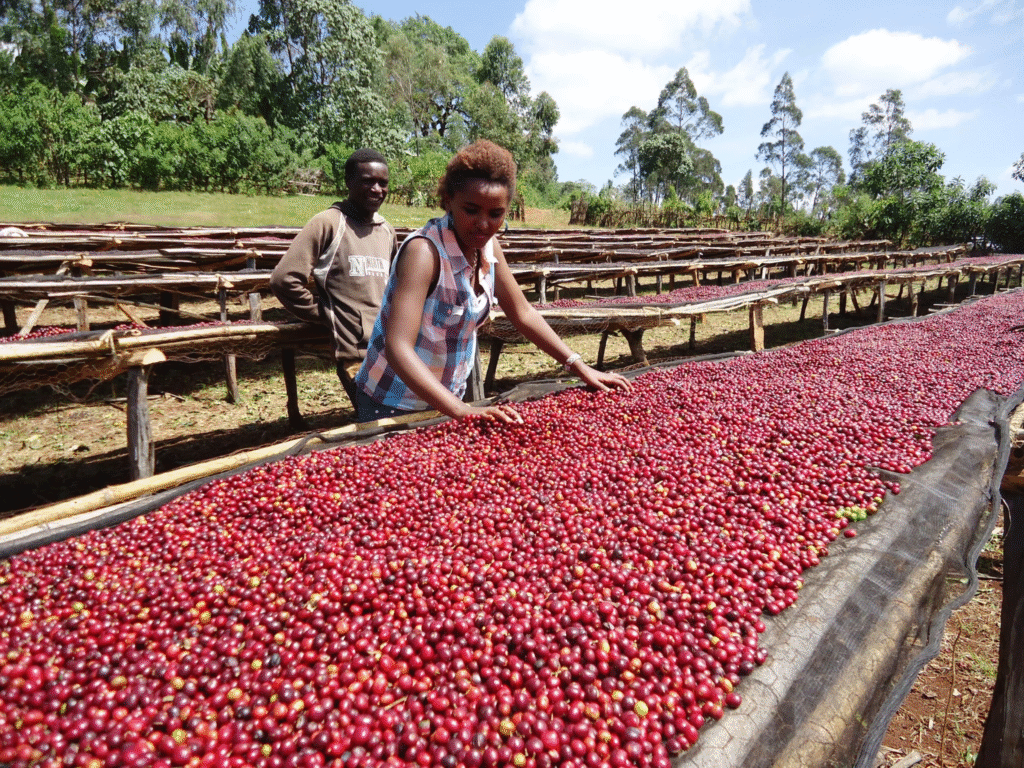
Travelers who venture to Bonga are rewarded not only with Ethiopia’s rich coffee story but also with pristine biodiversity, cascading waterfalls, and a deep sense of cultural continuity.
Here, the legacy of coffee is not just about beans and brews — it is a living tradition woven into daily life, ceremonies, and even health remedies.
As Ethiopia continues to market itself as the “Land of Origins,” destinations like Bonga are poised to gain greater recognition.
For visitors seeking authentic experiences beyond mainstream tourism, this coffee capital offers a journey where history, culture, and nature intersect in unforgettable ways.
Coffee in the Clouds
Bonga sits within the Bonga Forest Reserve, a 500-square-kilometer expanse of subtropical forest that is among the last of its kind in Ethiopia.
The altitude, ranging between 900 and 1,800 meters, creates ideal conditions for Arabica coffee to thrive.
Coffee trees grow under natural shade, developing slowly into dense, flavorful beans handpicked by local farmers.
The forest is also a pantry of treasures. Local beekeepers produce rich organic honey from hives hidden in the trees, while forest cardamom, green peppers, and banana flowers thrive under the canopy.
This natural biodiversity makes Bonga a rare destination where agriculture, tradition, and ecology coexist seamlessly.
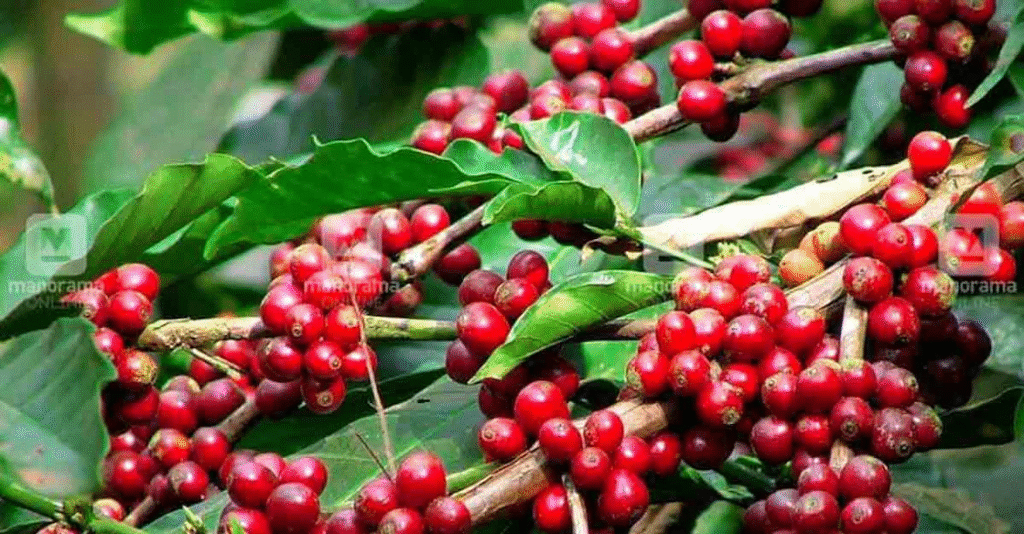
Honey Wine and Wild Beauty
In town, stalls brim with tubs of honey ranging from light amber to dark caramel, much of it destined for tej, Ethiopia’s famous honey wine.
Wildlife roams freely beyond the coffee groves — from black-and-white colobus monkeys and antelopes to leopards and buffalo.
For locals, the forest is not just home but a source of livelihood and pride.
Traditional Ethiopian coffee ceremonies remain central to community life.
Beans are roasted, ground, and brewed in clay pots called jebenas, producing fresh organic coffee that carries unique flavor notes — from jasmine and mango to strawberry and lychee.
Coffee is more than a drink here; it is a marker of social status, health remedy, and even a requirement for marriageability.

A Hidden Gem for Tourism
Despite its rich history and natural wonders, Bonga and the wider Kaffa region remain largely off the global tourism map.
The town itself is home to only about 30,000 residents, while Kaffa has fewer than a million.
Infrastructure remains limited, but this isolation preserves Bonga’s authenticity.
In recent years, Ethiopia has begun to spotlight Bonga’s potential.
The National Coffee Museum was inaugurated here in 2015, while tourism campaigns aim to attract travelers to lesser-known destinations.
Those who endure the 460-kilometer road journey from Addis Ababa — or fly to Jimma before continuing overland — discover waterfalls, hot springs, natural bridges, and centuries-old religious sites.
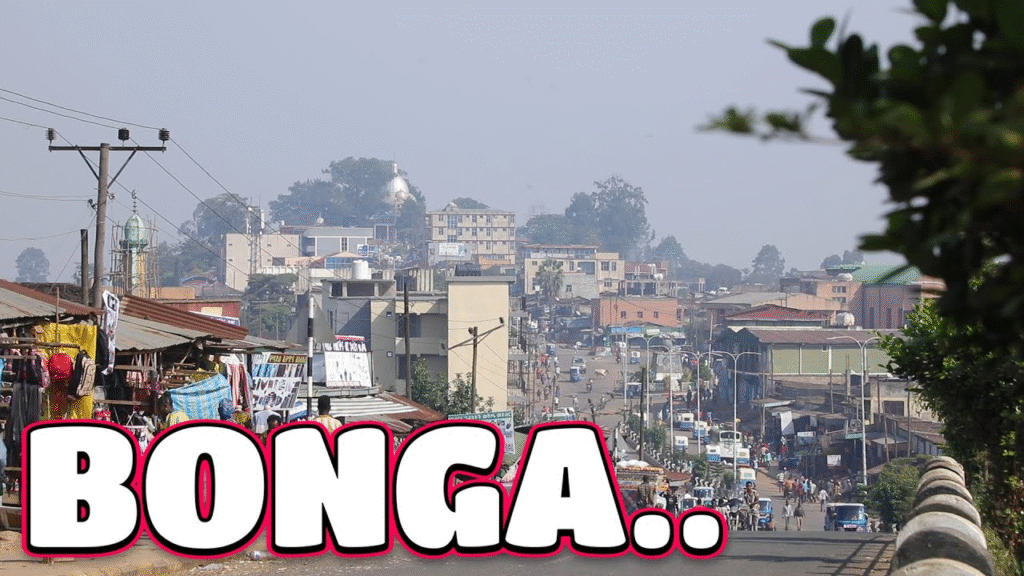
Where Coffee Meets Culture
Bonga offers a one-of-a-kind opportunity to trace coffee back to its roots while exploring Ethiopia’s cultural and ecological treasures.
Bonga may be off the beaten path, but it is a destination that offers unmatched authenticity.

From its mist-covered forests and cascading waterfalls to its honey wine, ancient traditions, and world-renowned coffee, the town is more than just a birthplace of Arabica beans — it is a living museum of Ethiopia’s cultural and natural heritage.
For travelers seeking a deeper connection with Ethiopia’s identity, Bonga is where history, nature, and flavor converge.
It is here, in the quiet highlands of Kaffa, that visitors discover not just where coffee began, but why it continues to define Ethiopia as the true Land of Origins.

